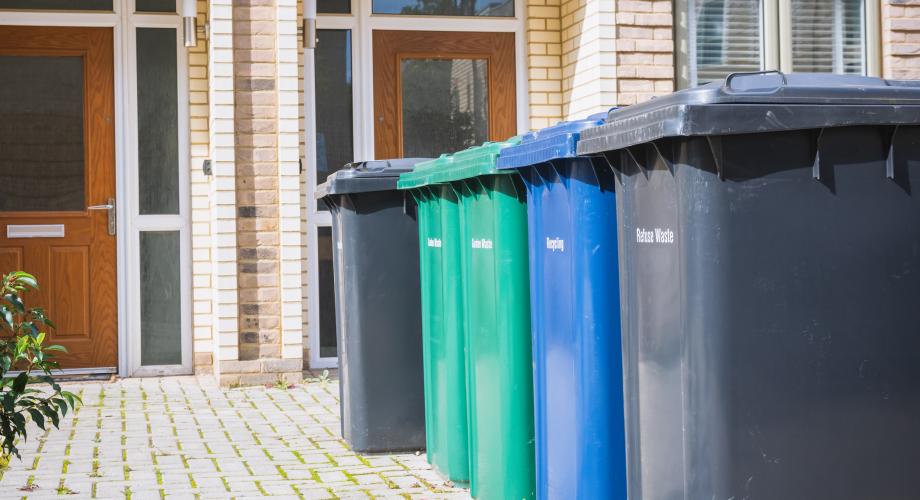When it comes to waste management, today’s world isn’t making it an easy task to fulfill. From an increase in residents working from home and a majority of consumers making purchases online to ESG reporting requirements and mandates, many operators are rethinking the trash and recycling programs they’re implementing at their communities.
According to the 2022 findings of the Environmental Protection Agency, the average person produces 4.9 pounds of waste per day. When considering a 200-unit multifamily community, that equates to 357,700 pounds of waste per year. With that amount of waste filling up trash bins each day, operators are finding ways to reduce, recycle and save money.
During the 2023 Apartmentalize session, “Three Ways to Optimize Your Waste Program,” panelists gathered to discuss waste management optimization, the importance of ESG requirements and ways to educate residents on the benefits of recycling.
While most people want to reduce waste and encourage recycling for the good of the planet and to increase sustainability, revenue is also a factor.
“A lot of our interest in waste management and utility consumption comes from an investment decision,” says Helen Garrahy, Director of Asset Management for US Real Estate Equity and LGIM America. “We wanted to better manage our resources and meet the demand of investors to be responsible stewards of their assets.”
Beyond the need to appease investors and increase the bottom line, operators are looking to attract more quality residents. And like investors, modern residents want to live in an eco-friendly community, and they’re even willing to pay more for it. As noted by Matt James, Grant Development Manager for The Recycling Partnership, a large part of incorporating feasible recycling practices into a community has to do with educating residents.
“At one property in Spokane, we gave tote bags with information cards regarding the ‘how tos’ of recycling to each resident,” James says. “You think it’s easy but it can be confusing for folks, especially those who are from different regions with varying recycling rules. That’s why continuous messaging is so essential.”
It’s also important to look at what types of things people are throwing away and find out what can actually be recycled. On average, 75% of waste is recyclable, and that means operators are paying higher fees to have more waste removed than necessary.
The national cost per unit for trash collection is $8.41, while the average cost for recycling pickup is just $0.80 per unit.
“Data is crucial to any waste management or recycling program because you need to know how many tons are being wasted and what’s actually in the trash or recycling,” James says. “We do a lot of what we call capture studies where we hire people to literally go dumpster diving to see and count how much of it is waste and what should be recycled.”
For Garrahy, data is important as well, but more so for her investors.
“Investors are particularly interested in ESG, and that focus has intensified over the last five years,” Garrahy says. “We have to show them data regarding ESG practices year-over-year.”
Whether it’s to lessen the environmental impact or to create a sustainable property that generates greater NOI for owners and investors, waste management and recycling practices should be part of the discussion.
Andrew Ruhland is an Account Executive and Content Writer for LinnellTaylor Marketing.
